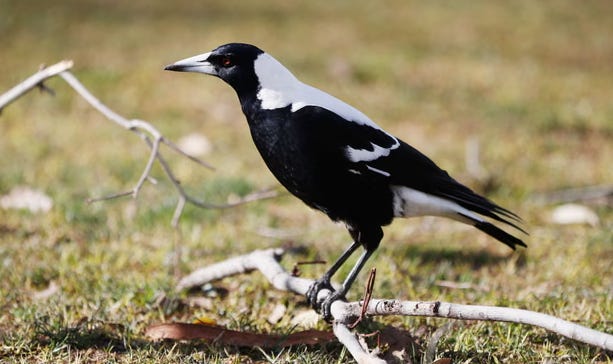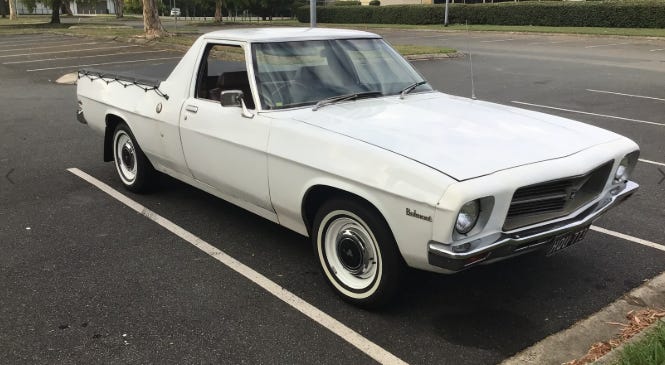Pre-dawn streets, wet ovals, a library that makes room, and a white ute that does not. This month’s textures come from early-morning runs, touch-footy culture, country libraries, and the small mercies of mints, mugs, and someone who keeps a door open.
Where we are
Pre-dawn streets.
Front verandahs bead with cold, magpies and galahs creak overhead, and shoes thud along bitumen before the town wakes.
The oval.
Frost darkens the grass; when it is too wet, kids skirt the footpath. Laps before school feel both training and escape.
English room.
Heater ticks, sunlight along scratched desks, a teacher who invites rather than commands.
Change rooms.
Steam, dripping taps, vinegar-smelling bibs, towels flicked loud for bravado.
Wagga City Library and archives.
Fluoro hum, bound Daily Advertiser volumes, a “Queen of Dewey” mug, a back table that catches the soft grey light. An older teen, Eliot, shelves returns and leaves the archive free.
Shopfront awnings.
A closed butcher’s gives shelter from sideways rain and becomes a place to stand still long enough to speak.
The ute.
Bench seat, wipers scraping, smoke in the cab. A vehicle can be a room where power decides the rules.
School and sport
Touch footy.
“Touch” is generous. Bodies collide, whistles come sharp, and the skill is staying on your feet or getting up fast.
Running as routine.
Before dawn laps are not PE, they are choice. Breath is counted, not held.
Writing as event.
A local fiction competition judged by an old Advertiser hand gives cover to write something that feels dangerous and true.
Speech and register
Wag: skip school.
You alright?: check-in that covers a dozen meanings.
Princess / poofter: period slurs used by adults and boys; included here to reflect the harm the era normalised.
Bibs: jersey vests for team drills.
Ute: utility pickup that doubles as family transport.
Small Australian mercies
A librarian who saves a seat without fuss.
A mint passed under an awning instead of a speech.
A boy at the desk who keeps the archive free and asks, “Do you want help?” like a door left open.
A mother who says, “Keep your voice,” and makes tea.
A mini glossary from the chapter
Ute: utility pickup truck.
Wag: skip class without permission.
Bibs: coloured training vests for sport.
IGA: Independent Grocers of Australia, suburban supermarket.
Awning: overhang above a shopfront that keeps rain off the footpath.
Payphone: public telephone, often outside a Civic building or post office.
The Advertiser: Wagga’s local newspaper kept in bound stacks.
Touch footy: non-tackle version of rugby league played at school.
Then and now
Country ovals still frost and thaw; kids still run them before class. Libraries have moved many archives online, yet the bound volumes remain if you ask. Schools still run writing competitions, often with local judges who value voice over polish. The slang in this chapter reads harsher now, and that shift matters: language that once passed unchallenged is named as harm. The small mercies, a quiet seat, a mint, a number to call, still change how a day can end.
Questions welcome
If anything still felt unfamiliar, say where you stumbled in the comments, and I will expand this guide so the next reader can ride the current more easily.





